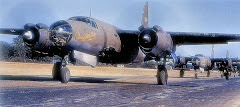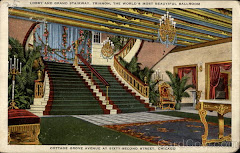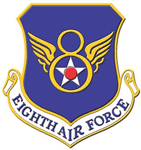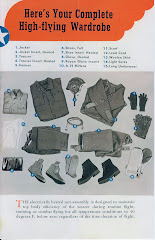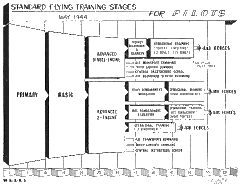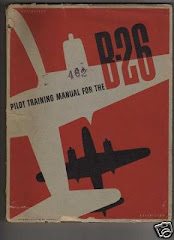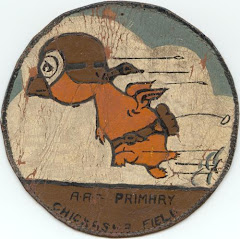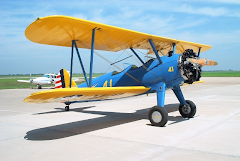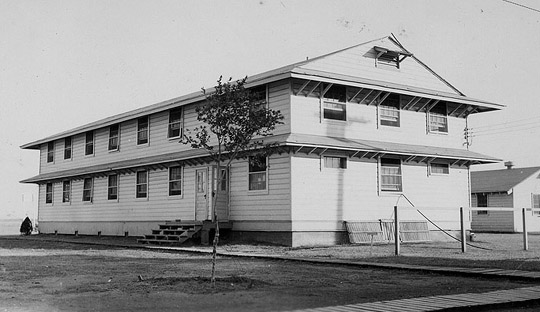When I got back to the Avon Park
The military has a way of yanking you back to attention. We went right back to calisthenics, marching to the mess hall, maintaining our quarters, attending classes and practicing flying techniques. Mostly that meant takeoffs and landings, which were never really monotonous for the pilots but the crew probably tired of them. There were also days when we did bombing target practice with no ammunition and eventually with live bombs.
We’d been assigned to flight crews of six. I was the co-pilot. One day when we were practicing take offs and landings we had a close call not too different from my first training flight with the Squadron Commander. Right after we were airborn and the landing gear was retracted, one engine went into flat pitch and quit! This was a 2-engine bomber! It was pretty hard to fly without one engine. We were past the end of the runway and over the swamp. All the power was coming from the other engine and it took everything we had to keep it from flipping over - at the same time we were going down fast. Things were happening very quickly.
Lt. Davidson, the Captain, alerted the tower we had an emergency landing and somehow managed to slide us into the swamp on the plane’s belly without doing much damage. Ambulances and fire trucks arrived. No one was hurt but we had to wade through the swamp to get back to the runway. I kept thinking of those water moccasins I’d seen and couldn’t get out of there fast enough for my comfort. We were lucky there was no live ammunition in the swamp.
The ambulance was waiting and took us back into camp to make sure we weren’t injured. They had to pull the plane out of the swamp, so later that day we got another plane and went on with training maneuvers - more take offs and landings. That was kind of ruff after the heart stopping event earlier. On the plus side, all the repetitive training, drills and memorization that the military drilled into us stood us in good stead in emergencies. You knew what to do.You reacted almost without thinking. I believe that belly whopper went on record as a crash landing even though they recouped the plane. It was another lesson that would pay off in my future. It gave us all something to write home about that night. And I was writing to "my gal" almost every night since I got back.





